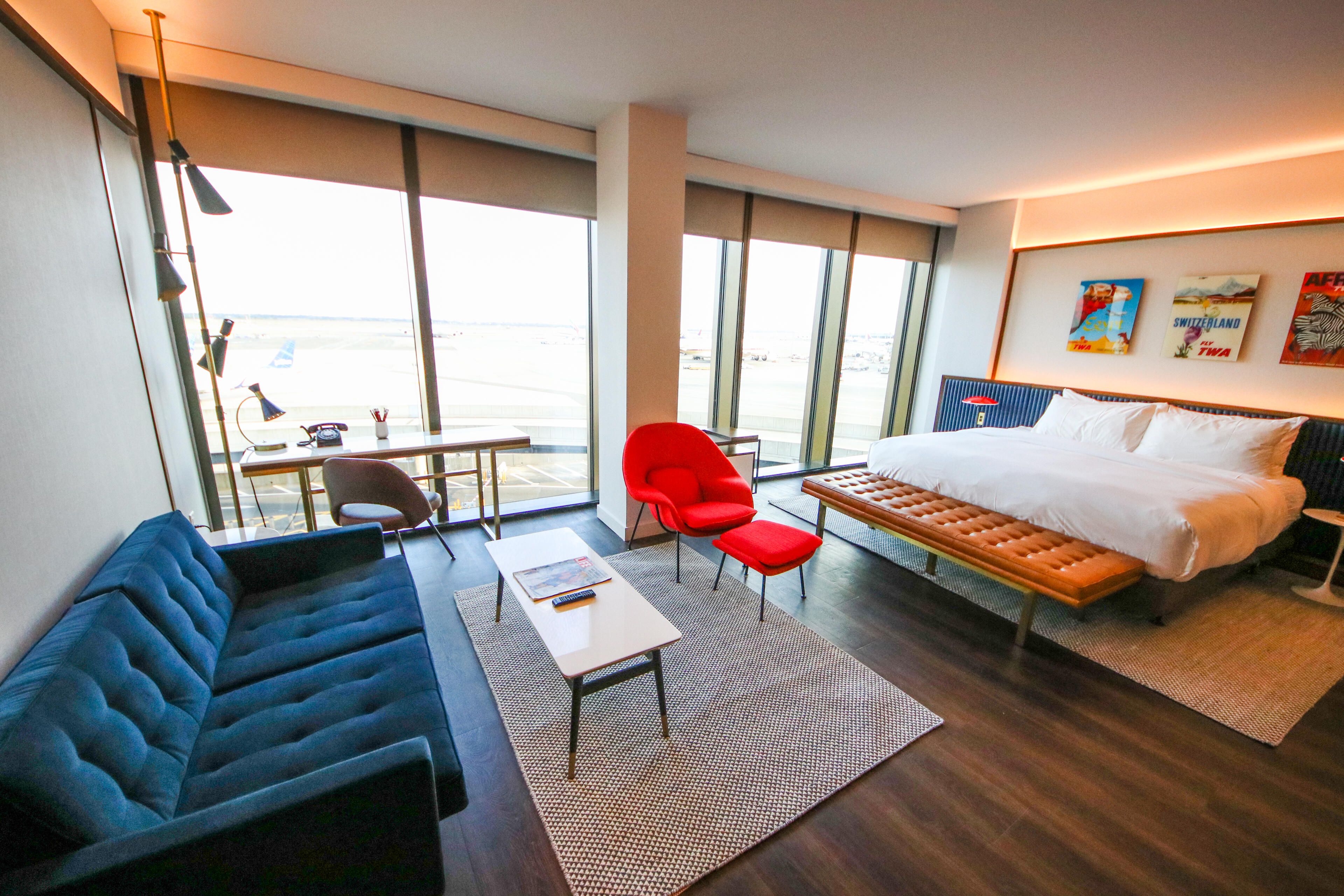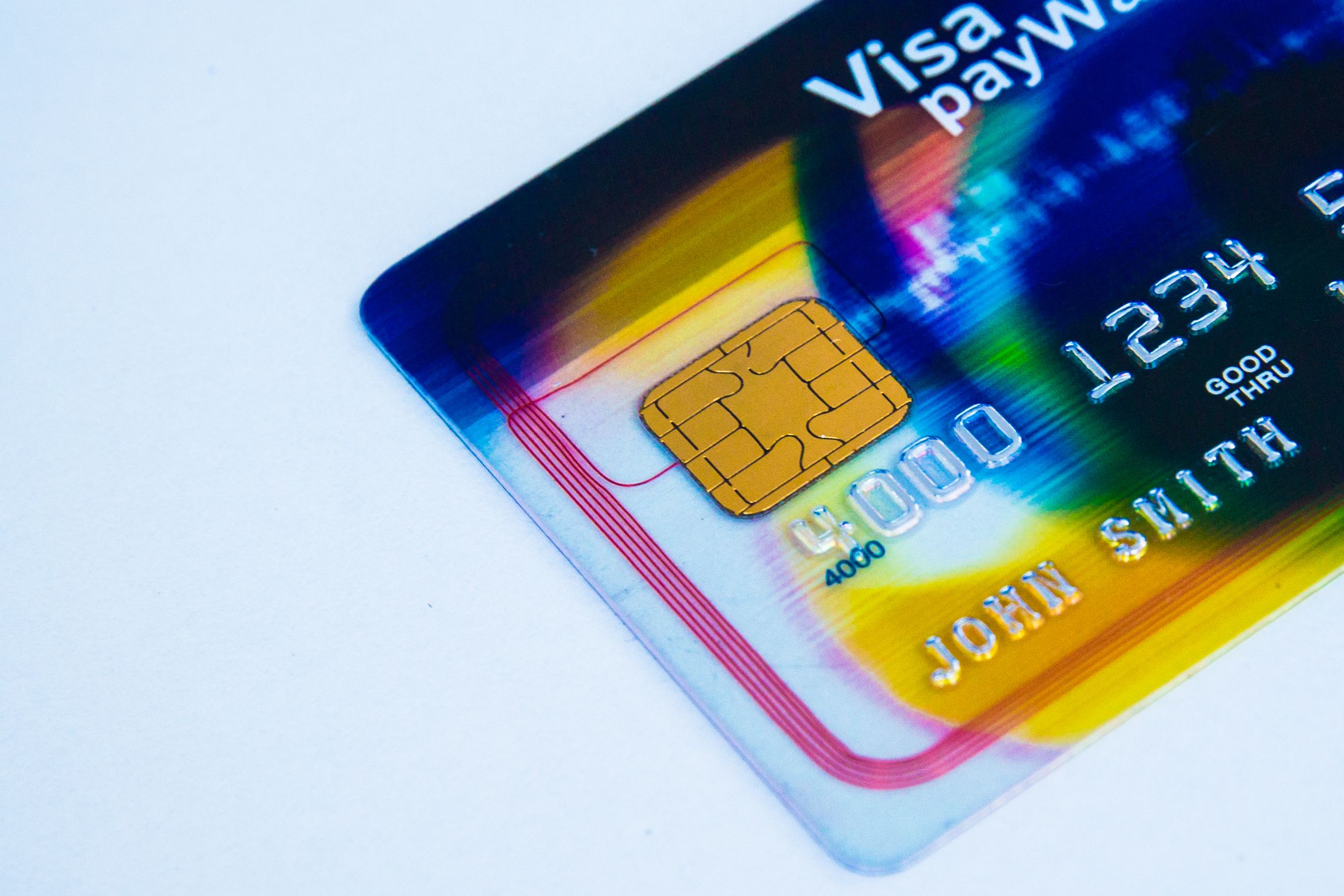This is how much you should tip restaurants and delivery drivers during coronavirus
In the best of times, tipping is an unavoidable part of US culture. If you're doing it wrong, you could embarrass yourself -- or worse, insult the person you're trying to acknowledge. But as we rely more on food, grocery and restaurant delivery during the coronavirus outbreak, the norms are shifting even more.
Today, tipping on the more generous side of the scale isn't just kind, it's appropriate. Consider that people are putting themselves at greater risk of exposure to the COVID-19 disease that's so far resulted in over 188,000 confirmed cases in the US alone -- so that you don't have to go outdoors. Remember, too, that delivery people often take in a minimum wage, without hazard pay.
The suggested amount is to tip at least 20% on all takeout and delivery orders, or more to show appreciation at a time when the unemployment rate has spiked to reach an all-time US high. (Here are other ways to help restaurants, hospitals and people in need, and financial resources if you're out of a job or need help making ends meet.)

Keep reading for a primer on tipping at coffee shops, restaurants, bars, hotels, the hairdresser and all the rest, during typical circumstances.
Tipping in times of plenty
Even if you don't feel it's your responsibility to subsidize the income of every bartender, restaurant server or coffee shop barista you cross paths with, the reality is that US employers are only required to pay employees $2.13 per hour as long as tips bring their average wage up to the federal minimum of $7.25. That means gratuity accounts for the majority of many US employees' incomes, especially in the service industry. But figuring out what's a good tip versus a bad tip, or whether it's appropriate to even tip at all, isn't always obvious.
Like, should you tip every time you get a drink or when you pay your bar bill at the end of the night? Is it OK to leave a smaller tip for terrible service? What about valets -- are you really expected to slip them a fiver every time they go get your car (and are you the scum of the Earth if you don't)? Are you a jerk if you carry your own bags up to your hotel room so you don't have to tip the porters?
Some US states set higher minimum wages for tipped workers than the federal $2.13 -- like Arizona, where tipped workers earn at least $9 per hour, or Hawaii, where base pay starts at $9.35. Opinions are divided on whether that means you can get away with a smaller tip or not (just take a look at the comments section on this page). Not only that, but tipping practices vary depending on country or region, so it can get even more confusing if you're traveling abroad.
The best rule of thumb is to factor in tips to the full price of your meal, drink or hotel stay when you're planning your budget. With that in mind, here's a look at tipping standards in the United States, including how much, when and to whom you should offer gratuity -- according to US News & World Report, WhoToTip.net and ArtOfManliness.com.

How much to tip at restaurants and bars
The good news is that you're not expected to tip the same amount at a five-star restaurant as you would when you order at the counter. But tips are acceptable, appreciated and even expected for a person who serves you and cleans up when you're done. The same goes for delivery and carry-out.
- Coffee shop baristas: $1 or so per drink, more for complicated orders (e.g. half-caff no-fat soy latte with light foam and an extra shot) or less for simple orders (hot water and a tea bag).
- Bartenders: $1 to $2 per drink (more for mixed drinks, less for draughts) or 20% if you're running a tab.
- Dine-in restaurant servers: 20% or more for outstanding service.
- Buffet servers: 10% to 15%, depending on how many plates, forks and refills you go through.
- Fast-casual counter service: Up to $1 for taking your order, $2 to $5 if they bus your table or deliver your food.
- Restaurant carry-out service: 10%, more for large or complicated orders (such as a baby shower or office party)
- Food delivery drivers: 10% or up to 20% or more during hazardous road conditions or special circumstances such as holidays and big game nights.

Tips for hotels, taxis, parking attendants
Another good rule of thumb is to tip anyone who does something you could just as well do for yourself, like clean your hotel room or carry your bags.
With the exception of room service, most of the tips you dole out at a hotel aren't based on the bill so much as the workload (how many bags they have to carry, etc.) or how big of a favor the person does for you (like getting you reservations at a fully booked restaurant or hailing a taxi during rush hour). In some instances, it could be considered rude to refuse the help of a porter just because you don't want to part ways with a few bucks.
- Hotel porters: Minimum $2, or $1 to $2 per bag, depending on how heavy or cumbersome your luggage is.
- Hotel concierges: $5 to $10, depending on how many strings they had to pull for you.
- Hotel room service: 15%.
- Hotel housekeeping: $2 to $5 per day, more if you leave a big mess.
- Bathroom attendants: $1 to $2, more if you use expensive cologne or other hygiene products.
- Parking attendants: $2 for every exchange of keys, more for luxury cars.
- Taxi or ride-share drivers: 10% to 15%, more if they get you there on time when you're running late.

Hair stylists, movers, babysitters, car washers
These are a few more services that you should factor tips into the total cost when receiving, for example:
- Spas: 10% to 20%, depending on length and intensity of service (you might ask on check-out to make sure the employee receives all of their tips).
- Hair stylists: 10% to 20%, depending on complexity of cut or style.
- Tour guides: 15% to 20% or $1 to $5 per person in your group, depending on how long your program is and how expert or accommodating your guide.
- Movers: $4 to $8 per hour, depending on the difficulty of your move (such as extra stairs or exceptionally heavy items).
- Dog walkers and petsitters: 10% to 20%, depending on weather conditions (for walkers) length of stay (for sitters) and any special needs your pet may have (such as medications).
- Car washers: $3 for a basic wash, 10% for a full detail.
- Furniture/appliance delivery: $5 per person, more if they stick around and help you rearrange or install.
- Babysitters: At the very least round up to the next hour, if not add a whole bonus hour onto the total.

Other things to keep in mind when tipping
- Cash is preferable to credit, but giving a credit card tip is better than going short on cash.
- It's rude to leave an intentionally small tip, like a handful of change after a $50 meal.
- If you have exceptionally poor service, talk to the manager. Leaving no tip might be appropriate in extreme cases.
- The likelihood that a server will spit in your food is relatively low, so we don't recommend tipping solely to avoid retaliation. Rather, tip to acknowledge the work or service that's been done.